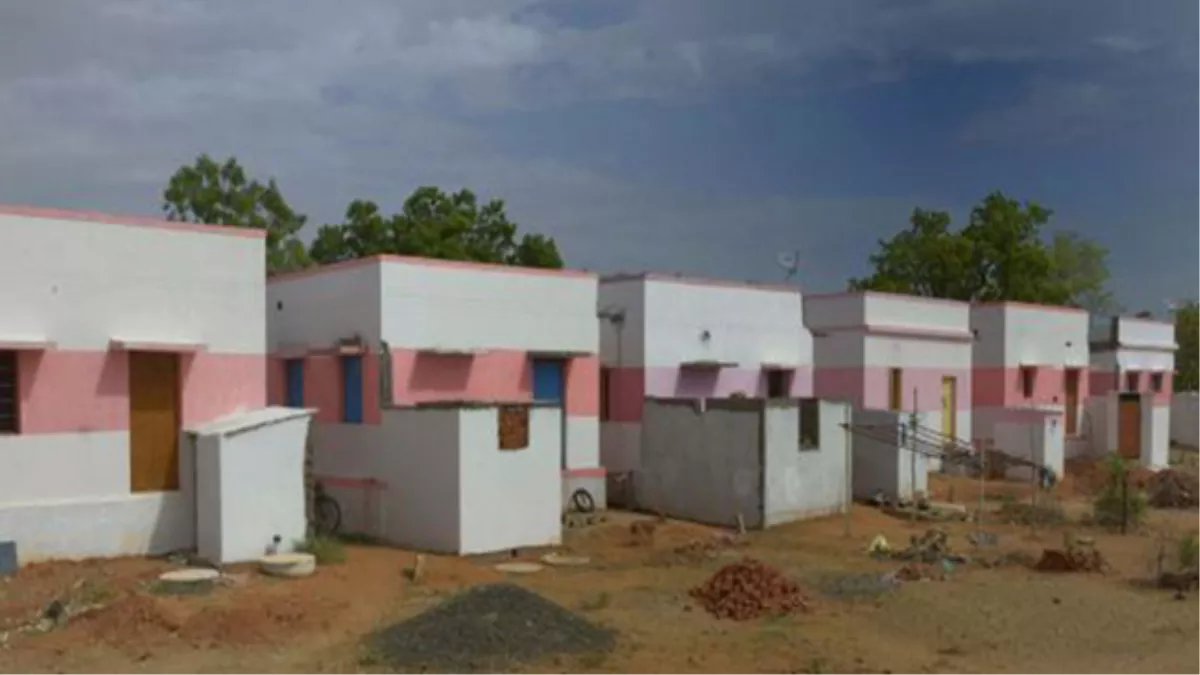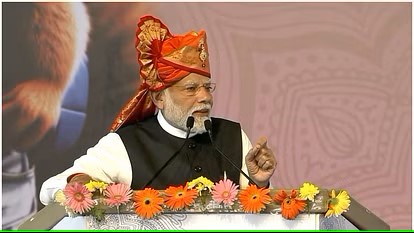A shocking corruption case has surfaced in Bihar’s Pradhan Mantri Awas Yojana-Gramin (PMAY-G) scheme. An audit report by the Accountant General (AG) has revealed blatant misuse of funds, with benefits going to deceased individuals, ineligible recipients, and even non-existent houses.
Grim Findings:
6,700+ houses allotted to deceased individuals: The audit report identified over 6,700 cases across 10 districts where deceased persons were awarded PMAY-G houses. Shockingly, more than 4,200 of these individuals had already passed away before receiving any benefit.
1,100+ ineligible recipients received installments: The scheme’s installments were wrongly paid to over 1,100 ineligible individuals. Many of these recipients already owned homes or land, rendering them unfit for the program.
1,000+ unbuilt houses received full assistance: The audit uncovered more than 1,000 cases where the full grant was disbursed for houses that were never constructed. This blatant misuse of funds highlights the lack of oversight and accountability in the program.
Government Response and Concerns:
Following the audit report, the state government has initiated action against several officials. Suspensions have been issued, and investigations are underway against those in the corruption scandal.
However, questions remain about the effectiveness of these measures. The sheer scale of the irregularities raises concerns about the systemic weaknesses within the PMAY-G implementation framework in Bihar.
Minister’s Statement and Unanswered Questions:
While acknowledging the audit findings, Bihar’s Rural Development Minister, Shravan Kumar, downplayed their significance, claiming they were old cases. He asserted that the department was taking corrective action against those involved.
However, the Minister’s statement fails to address the underlying issue – the lack of proper checks and balances, which allowed such blatant corruption to flourish for a prolonged period.
Impact and Need for Action:
This case highlights a critical issue impacting crucial government programs: the failure to deliver benefits to the intended beneficiaries. The PMAY-G aims to provide housing for the underprivileged; however, in Bihar, it has become a tool for personal gain by corrupt officials.
The state government must take decisive action to prevent such irregularities from happening again. This includes stricter implementation of scheme guidelines, robust monitoring mechanisms, and harsher punishments for those involved in corruption.
Only then can we ensure that government programs effectively reach those who truly need them and contribute to meaningful development and social upliftment.




